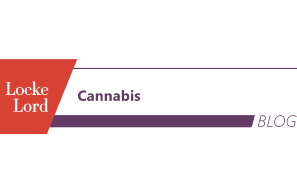
Kentucky is one of the nation’s top-producing hemp states, which is one of several reasons Senator Rand Paul (R-KY) has been a strong Republican force for cannabis reform. It is no surprise then that Senator Paul recently reintroduced the Hemp Economic Mobilization Plan Act (HEMP Act) to address perceived problems hindering the industry after hemp was legalized federally in the 2018 Farm Bill.
The HEMP Act would make several significant changes to current law, including:
- Amending the definition of “hemp” in the 2018 Farm Bill. Currently hemp is defined as the Cannabis Sativa L. plant and any part of that plant “with a delta-9 tetrahydrocannabinol [THC] concentration of not more than 0.3 percent on a dry weight basis.” The HEMP Act would increase the THC threshold over threefold, to 1.0%.
- Mandating testing of hemp-derived products rather than hemp itself. Currently, tests are conducted on hemp plants or hemp flower to determine the percentage of THC. Testing at that stage, however, leads to more variability, as environmental factors influence the THC level. The HEMP Act will increase predictability by testing only hemp-derived products rather than hemp flower or the hemp plant.
- Creating a definitive margin of error in testing. Under current law, there is reference to the “measurements of uncertainty” in hemp testing, but no quantification of those measurements. The HEMP Act would create a .075% baseline standard measurement of uncertainty/margin of error to address this issue and provide certainty to hemp producers.
- Mandating all hemp shipments include a copy of the producer’s license or a lab certificate proving the product is hemp. It is difficult, if not impossible, to distinguish between hemp and marijuana with just the eye test, which led to many legitimate hemp shipments being seized as suspected marijuana after the 2018 Farm bill. The HEMP Act would require evidence of legitimacy to be included with every shipment with the goal of limiting such seizures.
